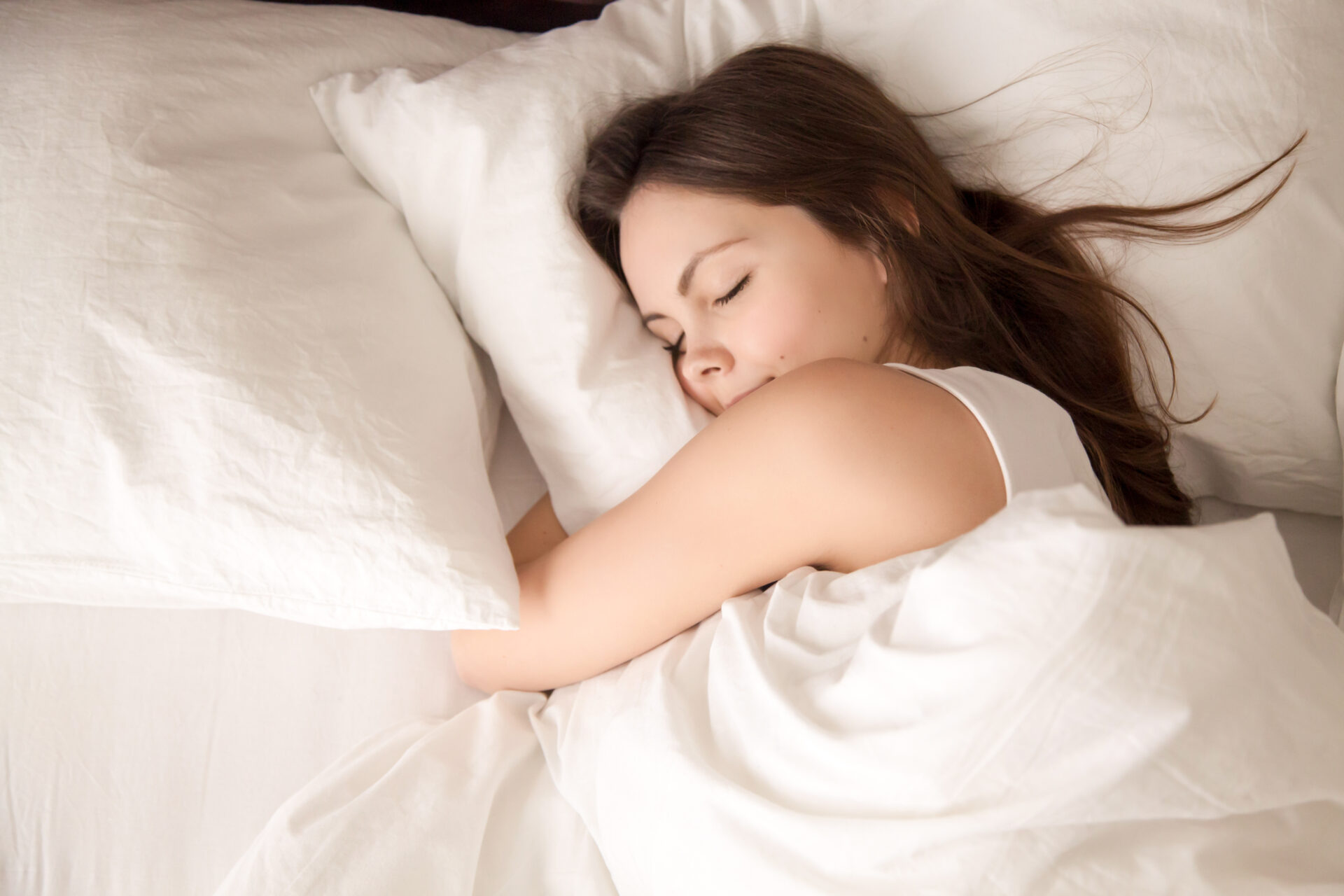Struggling with how you can get some sleep during this lockdown? Here are some reasons which could give you an insight into why this is. We are also sharing our top tips for a good night sleep.
What happens while we sleep
Sleep is designed to restore us to full function after a period (usually a day) of wearing ourselves out.
During the night, tissues are repaired, organs rest or finish cycles such as flushing out toxins, and the brain filters events of the day. It is as if a crew of cleaning staff move in and sweep and repair the building. They mend cracks that have shown up during the day and restore the building ready for the next day.
Missing the time to repair and restore, we find our brains struggling to cope, memory slipping, concentration below par, muscles fatigued, skin dull and eyes lack-lustre. The longer this goes on, the harder it becomes to function properly.
Imagine what your home or office would look like if the bins weren’t emptied for a week or more. Imagine the chaos if nothing was ever filed or tidied, if the cupboards weren’t refilled with food. What if the loos weren’t flushed? Your body finds it harder to work effectively if it doesn’t have the time to replenish its stores, deal with its toxins, and filter the incoming information.
Parents with new babies know how divorced from reality they feel after a few weeks of severely interrupted sleep; and torturers from Roman times onwards have used sleep deprivation to unpick prisoner’s brains. So, a good solid few hours of sleep will do wonders for everything from your skin to your soul.
Why does it sometimes elude you?
You may be taking too much caffeine, which stimulates the nervous system and puts it on red alert. Great if you’re running a race or chasing a deadline, but grim if you’re trying to fall asleep.
Even a couple of cups of tea or coffee in the morning may be enough to interrupt your sleep if you are sensitive or going through a stressful period.
Remember that chocolate and fizzy drinks also contain caffeine, and swap to natural alternatives such as pure juices and dried fruit. Your life may be so hectic that you don’t have time to wind down before collapsing into bed. This prevents your nervous system from shifting into a pre-sleep pattern.
Have a warm bath or read a pleasant book, but don’t watch the nerve-wracking news or try to finish an essay just before bed. You may be eating late at night, which means you’ll be digesting when you should be sleeping. You may then wake at 3 am as the liver finishes its tour of duty, or you may find you food lying like a stone in your stomach all night. Either way, you don’t get the benefit of a refreshing sleep.
Consider changing your mealtime, or more at lunch time and a lighter meal at night. More than 31 million people in the UK are suffering from chronic tiredness caused by poor quality sleep elusive or fail to find the sleep refreshing.
You are not alone
As many as 7 out of 10 people in the UK are experiencing the same problems. If your bedroom contains non-sleep related items such as televisions, computers or stacks of work, it makes it difficult for the brain to switch off and understand that it is supposed to be sleeping, not working.
Reserve your bed for sleep, rather than watching television or working. Then your body will not associate being in bed with being alert and on edge. You may be on a hamster wheel of wearingly persistent thoughts and worries, so clear your mental agenda before you go to bed – make a list of things to do the next day or issues that need to consider, and then put them aside for the night.
Want to know more?
Did you know that we run a sensitivity testing clinic every month? John is very knowledgable when it comes to all things nutrition and health. If you would like some more information on this contact us.

